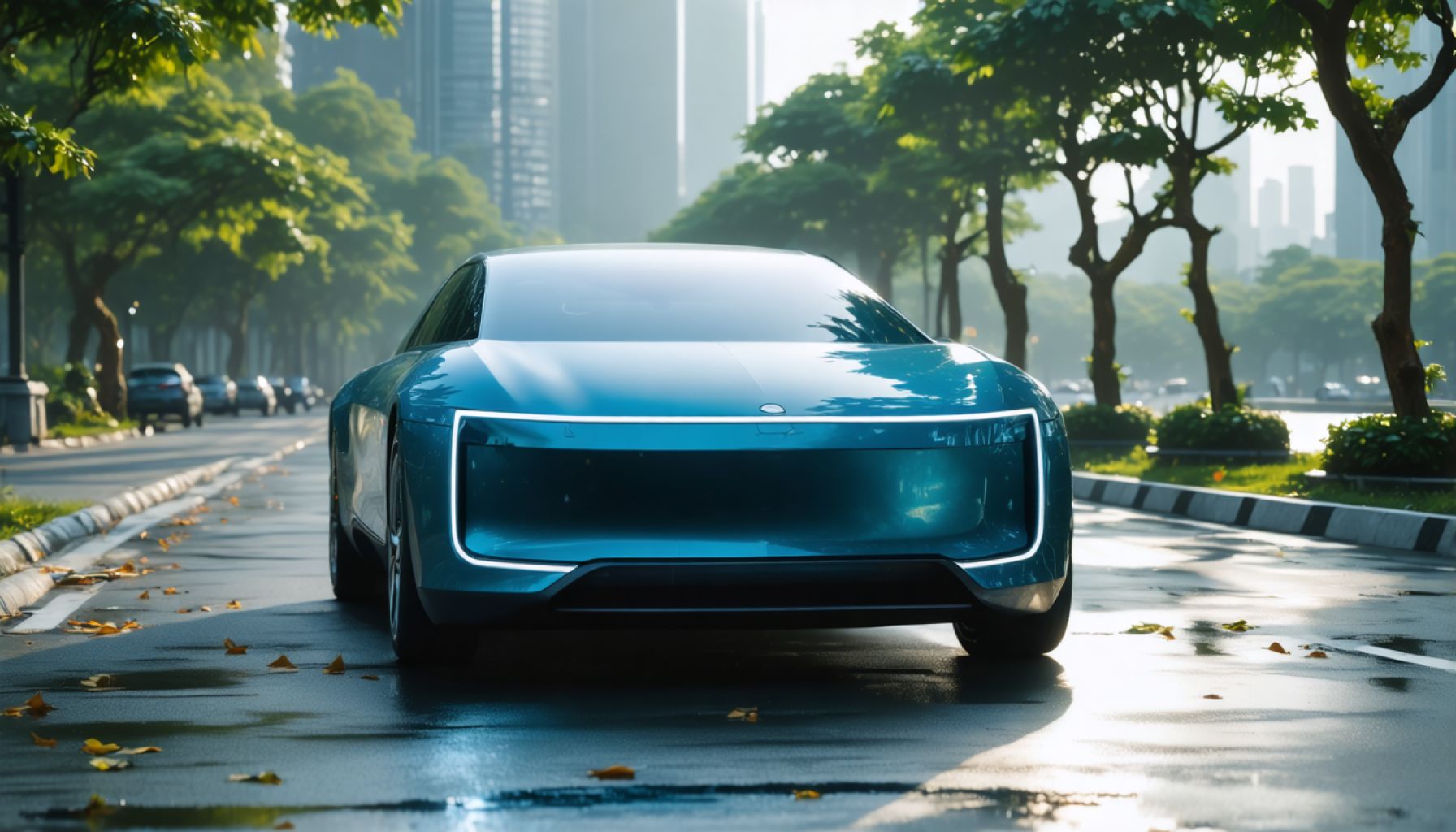- Introduction of 15 million affordable Level 2 autonomous vehicles in China is transforming the automotive industry.
- These vehicles cost under 100,000 yuan (approximately US$13,914), making advanced technology more accessible to the public.
- Level 2 technology offers advanced control for steering, acceleration, and braking but still requires driver intervention.
- By 2025, two-thirds of new cars in China are expected to feature at least Level 2 autonomous technology.
- China’s automotive market is projected to grow by 5.5% in 2024, with manufacturers like BYD leading innovation.
- Despite advancements, human oversight remains essential in current autonomous vehicles.
Brace Yourself for a New Era in Driving! Mainland China is on the cusp of a groundbreaking shift in the automotive world as 15 million new cars outfitted with cutting-edge Level 2 autonomous technology prepare to hit the roads this year. These vehicles, boasting a price tag of under 100,000 yuan (about US$13,914), are steering the nation into an innovation-led future.
What sets these cars apart? Equipped with Level 2 self-driving capabilities, they offer advanced steering, acceleration, and braking control, while still expecting drivers to stay vigilant and ready to intervene. This technology, once a high-cost luxury, has become accessible to the masses, dramatically altering the landscape of Chinese roadways.
The automotive market in China is buzzing with predictions that by 2025, two out of three new cars will feature at least L2 autonomous tech, amplifying everyday driving experiences. Manufacturers are set to deliver a robust 22.9 million vehicles in 2024, a notable leap of 5.5% from last year. This surge underscores China’s accelerating ambition in the global auto arena, pushing towards a smarter, more autonomous future.
By offering intelligent vehicles at lower prices, leading brands like BYD are setting new benchmarks, enticing consumers with the promise of revolutionized driving.
However, it’s important to remember that while these vehicles are more capable than ever, they still rely on human oversight. As the drive towards complete autonomy progresses, consumers can look forward to even more enhancements on the horizon. The road to tomorrow has arrived—are you ready to embrace it?
The Self-Driving Revolution: How China’s Affordable Autonomous Cars Are Changing the Game
What are the key features of Level 2 autonomous vehicles in China?
Level 2 autonomous vehicles in China come equipped with advanced steering, acceleration, and braking controls. These features allow the car to handle certain driving tasks, yet still require the driver to remain alert and ready for manual control. This technology includes adaptive cruise control, lane-centering, and emergency braking systems. By integrating these technologies at a price point under 100,000 yuan (approximately US$13,914), they make advanced driving aids accessible to a broader audience who previously could not afford such luxury.
What are the anticipated market trends for autonomous vehicles in China?
Based on current market predictions, the Chinese automotive industry is expected to experience significant growth in the adoption of autonomous vehicles. By 2025, it’s predicted that two out of three new cars will feature at least Level 2 automation. With manufacturers set to deliver an anticipated 22.9 million vehicles in 2024, up 5.5% from the previous year, the push towards intelligent vehicles is unmistakable. This points towards a future where smarter, semi-autonomous driving experiences become the norm, fostering an evolution in both technology adoption and consumer behavior.
How do the innovations by brands like BYD impact market sustainability and pricing?
Companies like BYD are spearheading the development of affordable autonomous vehicles, championing sustainability through innovation in electric vehicles and cutting-edge driving technologies. By producing cars equipped with L2 technology at competitive prices, they are setting new industry benchmarks. This not only makes the technology widely accessible but also encourages more manufacturers to focus on enhancing sustainability and efficiency in car production. As a result, it initiates a move towards cost-effective solutions that appeal to eco-conscious consumers while maintaining profitability.
For more insights into the evolving automotive industry and innovations by leading brands, explore the following link:
– BYD
















